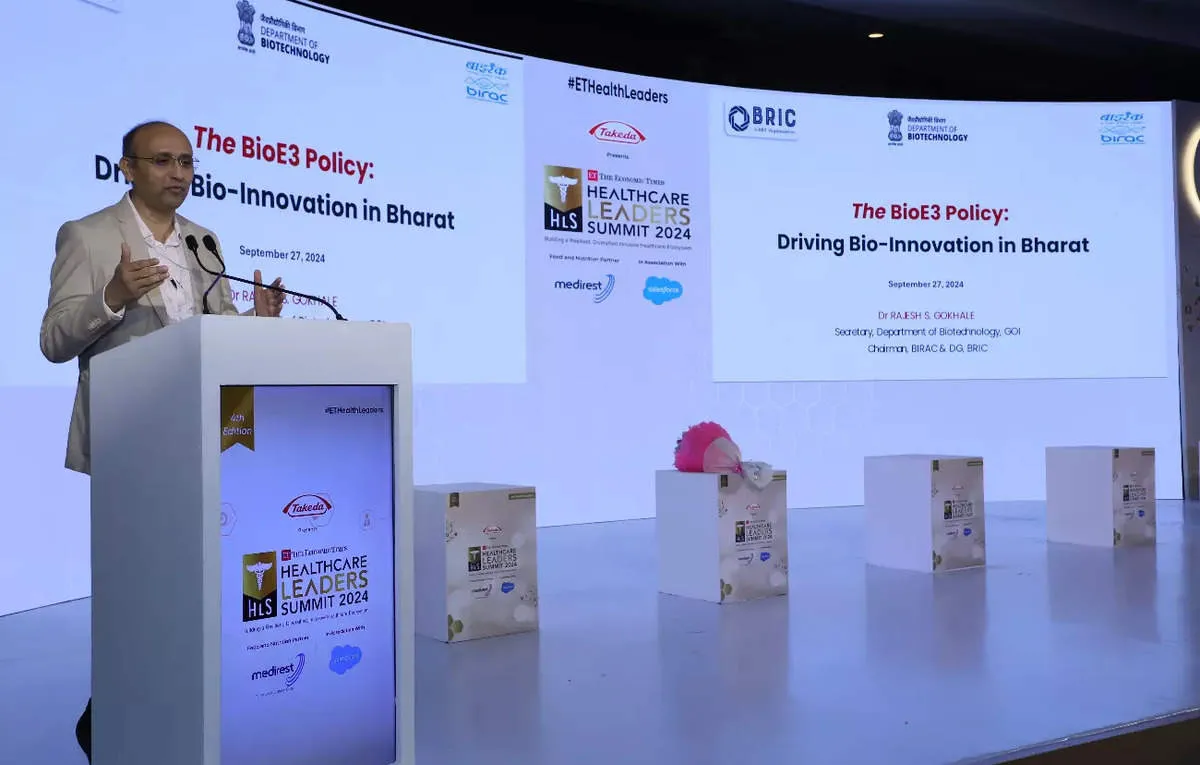BioE3 Policy and Its Impact on the Biotechnology Innovations in India

BioE3 Policy and the Biotechnology Revolution
In the wake of the pandemic, the Indian government recognized the pressing need for a comprehensive bioE3 policy aimed at revitalizing the biotech industry. Dr. Rajesh Gokhale, Secretary of the Department of Biotechnology, highlighted this policy during the ET HealthWorld Healthcare Leaders Summit. He discussed the importance of addressing climate change, improving economic stability, and enhancing healthcare innovations.
The Significance of a Holistic Approach
- Planetary health is critical due to its impact on global commons like air, water, and weather.
- Innovations in the biotech field are becoming increasingly expensive, necessitating a focus on economic principles for accessibility.
- A shift toward a comprehensive healthcare model that emphasizes equity and social responsibility is essential.
Future Trends in Biotechnology
Dr. Gokhale emphasized that as revolutionary changes occur in industries, the future of biotechnology holds immense potential.
- India's bioeconomy is projected to grow from four percent to ten to twelve percent of GDP within the next decade.
- The bio-agri segment is expected to witness exponential growth, significantly contributing to the economy.
- The importance of nurturing a startup ecosystem to support innovation and growth in the biotechnology sector is vital.
With the bio-industrial segment's faster growth rate compared to the biopharma sector, India must tailor its growth model to its unique demographic and economic landscape.
This article was prepared using information from open sources in accordance with the principles of Ethical Policy. The editorial team is not responsible for absolute accuracy, as it relies on data from the sources referenced.